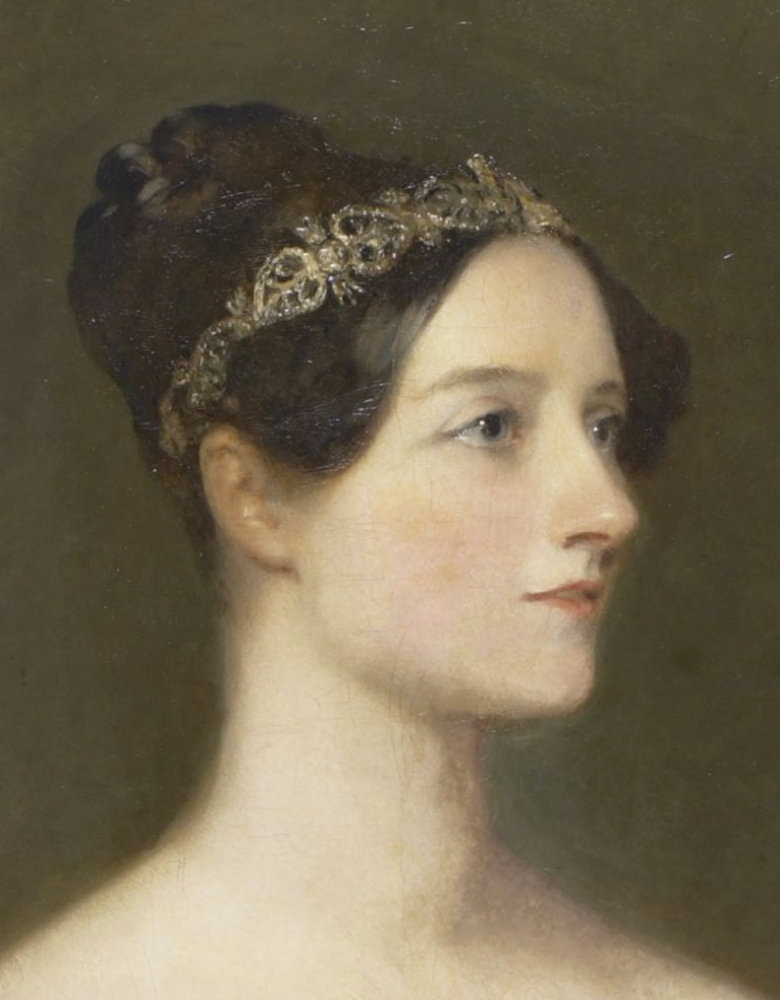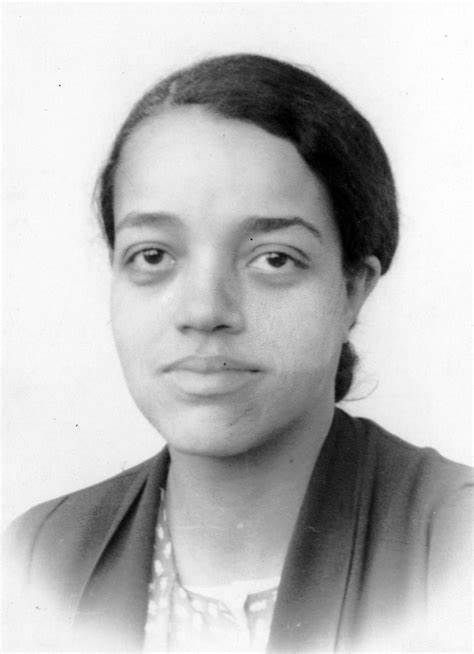Ada Lovelace: Pioneering the Path to Modern Computing
The First Programmer

Title: Ada Lovelace: Pioneering the Path to Modern Computing
In the annals of computer science history, one name stands out as a beacon of innovation and foresight: Ada Lovelace. Born in 1815 as Augusta Ada Byron, she became widely known as the world's first computer programmer, laying the groundwork for the digital age long before the first computer was even built.
Ada's remarkable journey into the world of computing began under the guidance of her mother, Lady Byron, who encouraged her to study mathematics—a subject not typically associated with women in the 19th century. Through her studies, Ada developed a keen intellect and a passion for numbers that would shape her future endeavors.
Her path intersected with that of Charles Babbage, a mathematician and inventor who conceptualized the Analytical Engine, a mechanical computing device designed to perform various mathematical calculations. Recognizing Ada's mathematical prowess, Babbage invited her to translate an article about his invention from French to English. However, Ada went above and beyond mere translation, adding extensive notes and insights of her own.
It was in these annotations that Ada's genius truly shone. She not only grasped the potential of Babbage's machine but also foresaw its capabilities far beyond simple arithmetic. In her notes, she outlined a method for the Analytical Engine to compute Bernoulli numbers—a groundbreaking concept that laid the foundation for modern computer programming.
What sets Ada's contributions apart is her visionary understanding of the Analytical Engine's potential. While Babbage envisioned it as a tool for numerical calculations, Ada saw its broader applicability, suggesting that it could manipulate symbols and not just numbers. In essence, she conceived of a universal computing machine capable of executing any sequence of instructions—a concept that foreshadowed the programmable computers of today.
Ada's vision was revolutionary, challenging the prevailing notion of computers as mere calculators and anticipating the development of programming languages and software. Her insights into the Analytical Engine's capabilities were decades ahead of their time, demonstrating a profound understanding of the fundamental principles of computation.
Despite her untimely death at the age of 36, Ada Lovelace left an indelible mark on the field of computer science. Her pioneering work laid the groundwork for generations of programmers and engineers, inspiring them to push the boundaries of what computers could achieve.
Today, Ada Lovelace's legacy endures as a testament to the power of imagination and intellect. As we continue to innovate and advance the field of computing, let us remember the visionary woman who paved the way for us all.










